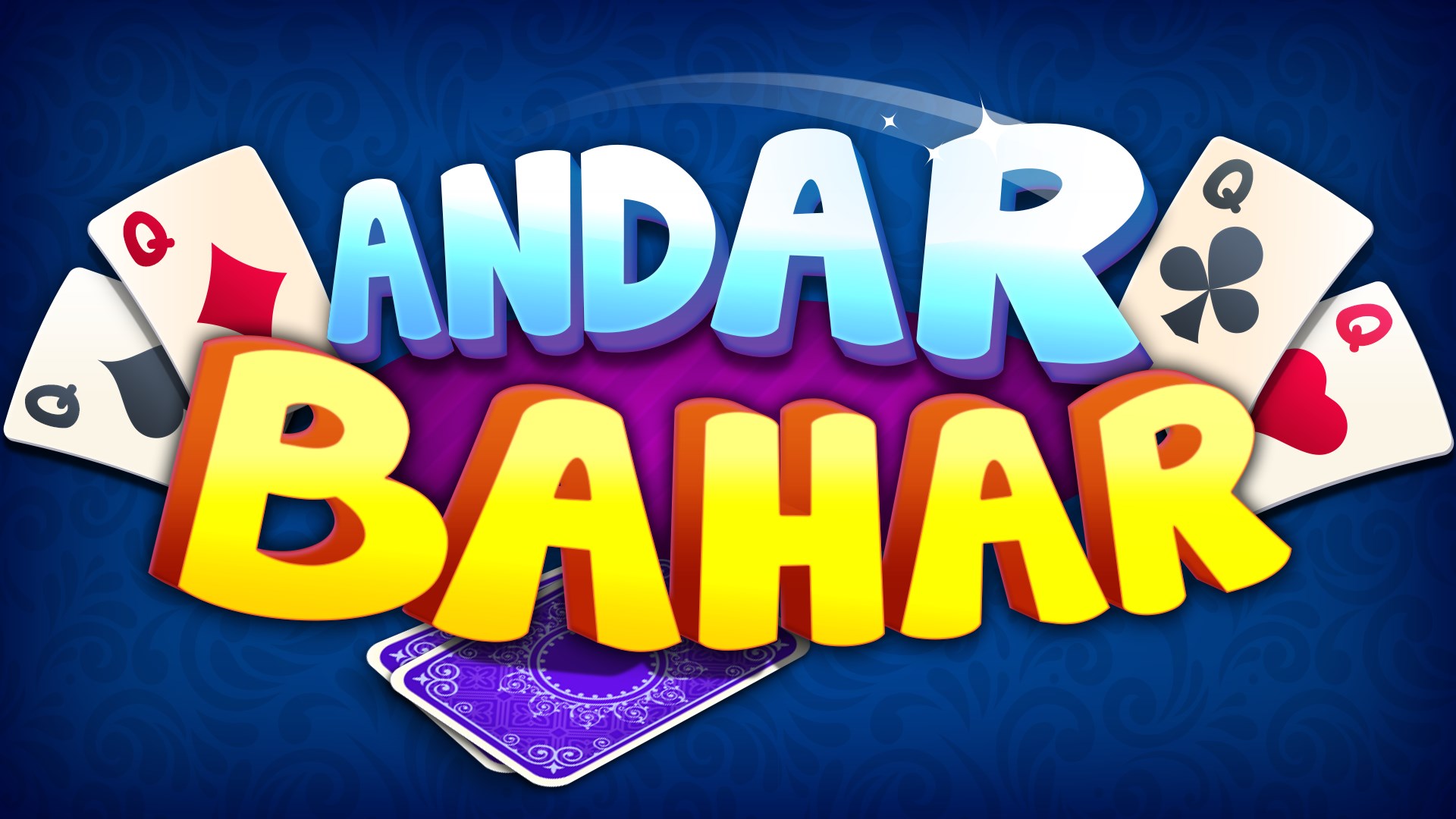The Government of India, on 6th April 2023, officially notified amendments to the Information Technology (Intermediary Guidelines and Digital Media Ethics Code) Rules, 2021 (online gaming rules). The amendments mainly pertain to the formation of Self-Regulatory Bodies (SRBs) to oversee online real money gaming, and fact-checking of content deemed to be fake, false or misleading by a ‘fact check unit’ of the Indian government.
I raised various concerns when the draft rules were first released for public consultation in January, including how they characterise online gaming companies as ‘intermediaries’, even though they actively decide, regulate and transmit the content on their portals.
Although the notified rules contain many changes from the draft ones, in substance and intent, they largely remain the same. My primary concerns regarding using the route of subordinate legislation to address issues emanating from online gaming, and not a law passed by the Parliament, still stand. So does the need to address the concerns of states on online gaming.
However, even assuming for a moment that the online gaming rules would withstand legal scrutiny, and are neither unconstitutional nor beyond the rule-making powers granted to the executive by the parent legislation (the IT Act, 2000), there are serious concerns that the industry ought to have about the lack of definitional clarity in the rules. This is particularly the case when it comes to the rules’ prohibition on games involving wagering on outcomes. The rules do not define what such games mean, leaving the judgement of their legality to self-regulatory bodies. This is likely to create more regulatory conflicts over the legality of game formats in India.
Prohibition on wagering on any outcome
The online gaming rules define an online real money game as ‘an online game where a user makes a deposit in cash or in kind with the expectation of earning winnings on that deposit’. Importantly, nowhere in the definition of online game or online real money game do the rules spell out that the game must be one involving a preponderance of skill or a substantial degree of skill. In fact, no such distinction between skill and chance-based games has been made in the rules. Although, developing one was originally envisaged by the nine-member Inter-Ministerial Taskforce considering online gaming regulation, purportedly after pushback from the Department of Revenue and on the instructions from the Prime Minister’s Advisor, Tarun Kapoor.
This is complicated by the fact that the rules essentially require that online real money games be verified by a government-designated SRB. They have also set certain conditions for verifying an online real money game, leaving the permission to operate online real money games to the vagaries of an SRB and its board members. That’s despite the fact that there’s little clarity on what wagering is.
No clarity on which games constitute wagering: One condition that is mandatory for certifying a game as permissible is that the online real money game should not involve ‘wagering on any outcome’. It may be noted that the word ‘wagering’ has not been defined within the rules and neither have the rules exempted wagering on the outcome of games of skill from this condition. The common dictionary meaning of the word ‘wagering’ is ‘risking money on the unknown result of an event in the hope or expectation of winning more money than what you have risked’. As such, a wager could be made on a game of skill or chance.
In fact, a 3-judge bench of the Supreme Court in Dr. KR Lakshamanan v. State of Tamil Nadu, while ruling horse racing to be a game of skill, noted that while there could be betting or wagering in a game of skill, it would not amount to gambling. The apex court noted as follows:
The expression ‘gaming’ in the two Acts has to be interpreted in the light of the law laid down by this Court in the two Chamarbaugwala cases, wherein it has been authoritatively held that a competition which substantially depends on skill is not gambling. Gaming is the act or practice of gambling on a game of chance. It is staking on chance where chance is the controlling factor. Gaming’ in the two Acts would, therefore, mean wagering or betting on games of chance. It would not include games of skill like horse-racing. In any case, Section 49 of the Police Act and Section 11 of the Gaming Act specifically save the games or mere skill from the penal provisions of the two Acts. We, therefore, hold that wagering or betting on horse-racing – a game of skill-does not come within the definition of gaming’ under the two Acts [emphasis added].
While there are no direct rulings stating that games of skill like poker or rummy do not amount to ‘wagering on the outcome’, in the context of daily fantasy sports, the Bombay High Court in Gurdeep Singh Sachar v. State of Maharashtra has ruled that the game of Dream11 does not amount to betting, gambling or wagering. However, the said decision had been stayed by the Supreme Court in March 2020 and has been pending final determination in the apex court since then.
Similarly, the Rajasthan High Court (Jaipur Bench) in Ravindra Singh Chaudhary v. Union of India followed suit by noting that playing fantasy sports offered by Dream11 does not amount to wagering or betting on the outcome of any event or game by observing as follows:















